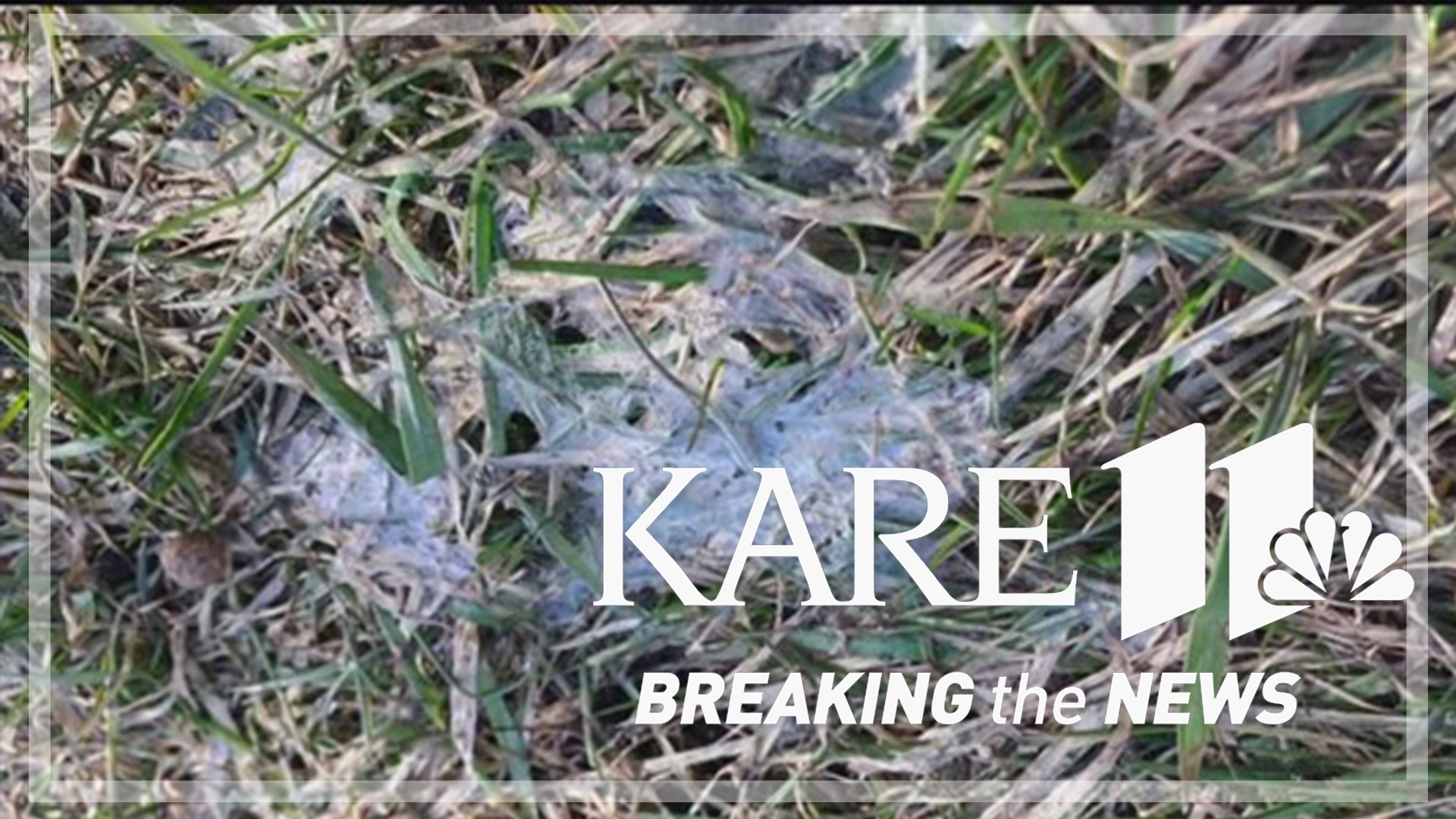MINNEAPOLIS — Allergy season is ramping up in Minnesota and as the symphony of coughing, sneezing, and wheezing grows louder, experts say climate change has been steadily prolonging the suffering.
Dr. Pramod Kelkar, an allergist with Allina Health, says understanding the impact that climate change is having requires more than just a snapshot of the current allergy season.
"So far, I am seeing just a typical allergy season, but it is early," Dr. Kelkar said.
Dr. Kelkar says many Minnesotans suffering right now, are struggling with snow mold and other issues related to our prolonged, wet winter.
For those who are allergic to tree pollen, he says the battle is just beginning, but even though it might feel like we're getting a late start, the annual spring leaf index recently revealed that the Twin Cities region, along with southeastern Minnesota and much of Wisconsin still produced spring leaves earlier than the 30-year average.
"Every year we are seeing patients who are telling us that this year has been worse than the previous one," Dr. Kelkar said. "Climate change has to be blamed for that because we know that because of climate change, the allergy season is expanding."
According to the USDA's National Institute of Food and Agriculture, pollen season now starts 20 days earlier and lasts 10 days longer than it did in 1990. And the heat isn't the only thing on the rise. A recent study found rising levels of carbon dioxide also contributed to pollen totals increasing by 21 percent from 1990-2018.
"The plant is actually getting more fuel (from the carbon dioxide) so it's more robust in its growth," said Emily Onello, a family physician who also studies the health implications of climate change at the University of Minnesota. "So we're seeing a longer allergy season, but there is data to suggest that we actually see more pollen too."
Dr. Onello says those changes are of particular interest in Minnesota because they are expected to follow other climate trends.
"States in the northern tier of the United States are far more impacted by this, interestingly, than states down south," she said.
Climate data will make tracking that impact pretty straightforward, but she says the impact it's having on us, and our allergies, is much harder to assess.
"The challenge is that the symptoms are irritating and life-impacting but not always bad enough to see the doctor or go to the emergency room," Dr. Onello said. "So sometimes it's hard for even physicians to have a handle on how bad are things. One of the interesting ways researchers are looking at this is actually tracking sales of allergy medications to see how bad are things?"
According to the CDC, one in four US adults reported suffering from seasonal allergies in 2021, but that was the first time tracking that information for the organisation.
If you find yourself suffering, Dr. Kelkar says it's worth reaching out.
"The first thing that people need to remember is that we have so many good treatment options available," Dr. Kelkar said. "You should not deny yourself the pleasure of outdoors just because you have allergies."
Watch more Breaking The News:
Watch all of the latest stories from Breaking The News in our YouTube playlist:

